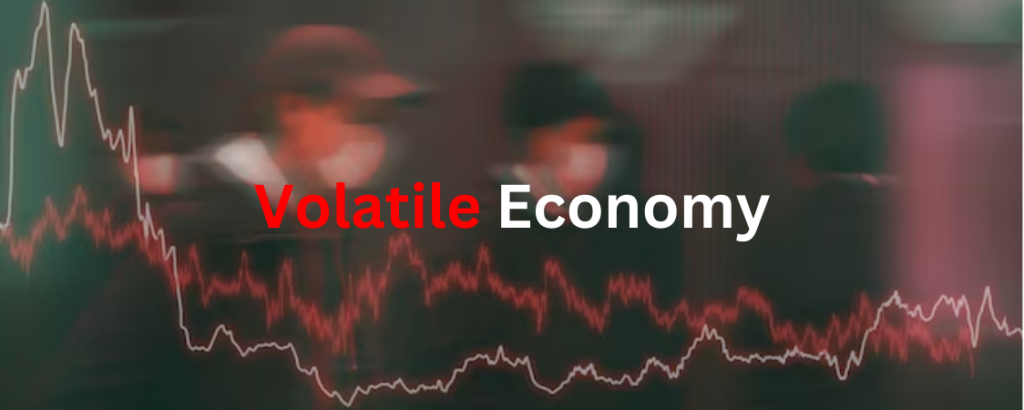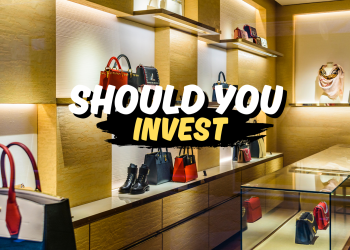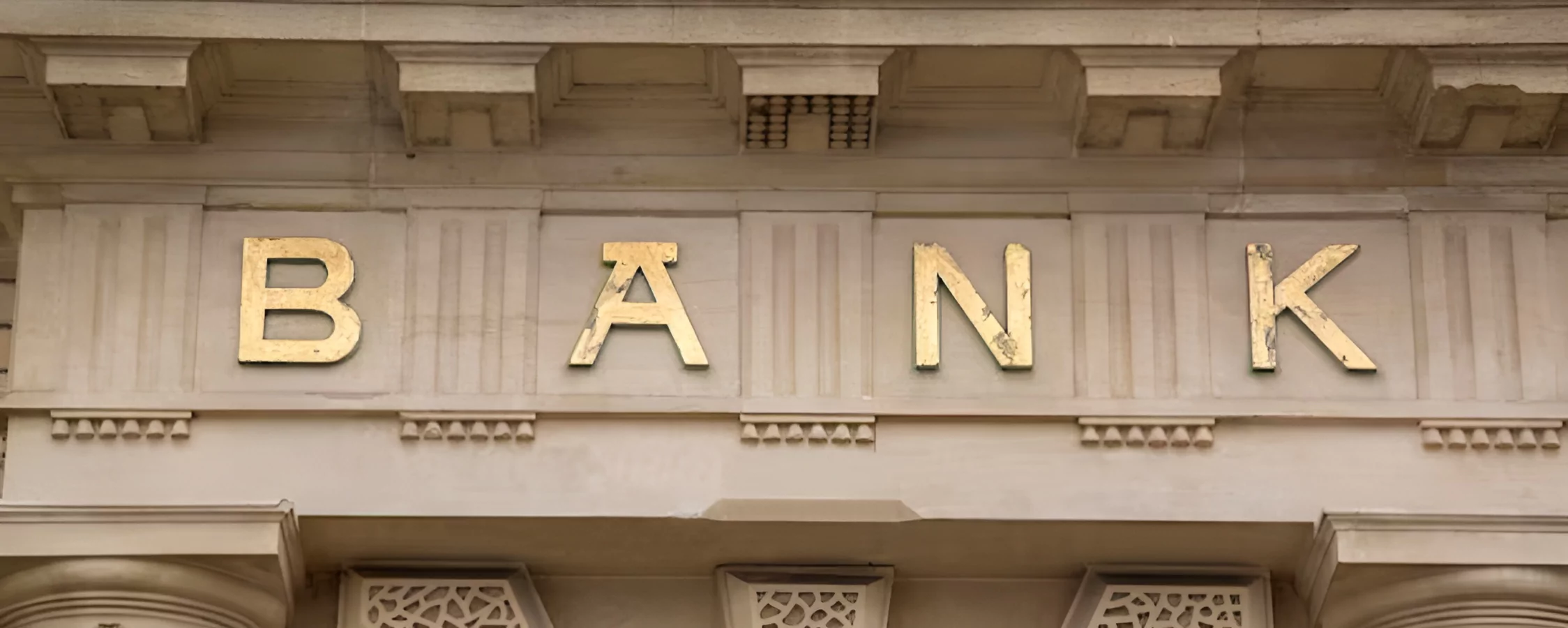With inflation hovering around 8% in the U.S., people are feeling the pinch of higher prices everywhere from the grocery store to the gas pump. Unsurprisingly, as Americans made financial cuts, spending money on non-essential products decreased. Yet despite the economic uncertainty, one sector continues attracting big spenders – luxury Investments.
Brands like Gucci, Louis Vuitton, and Cartier have raised their prices even more than normal over the past two years to make up for lost sales during the pandemic. And some luxury items are appreciating significantly in value according to collectors. So could splurging on a high-end handbag, watch or artwork help hedge your money against inflation? It’s a tempting idea, but there are important factors to consider before parking funds in fancy possessions.
Why Do People Buy Luxury Collectibles?
Certain luxury Investments have a long track record of retaining and increasing their worth over decades, making them appealing to so-called “investment pieces.” Limited-edition fashion staples, coveted vintage timepieces, and blue-chip artwork by masters like Basquiat routinely appreciate well above standard inflation rates. During past recessions, some luxury assets outpaced traditional investment classes as affluent buyers sought scarce high-quality goods.
The scarcity factor is key, as top brands strictly limit production while new generations of wealthy customers emerge globally every year. Discerning collectors also pay obsessive attention to the condition, provenance, original packaging, and service records – all variables exponentially increasing the value of finely vetted specimens. For those with a discerning eye and patience, luxury collectibles potentially provide a stable store of wealth.
What Are The Risks in Volatile Times

If you’re new to collecting high-end luxury items, trying to drop six figures on something fancy right now probably isn’t the smartest move. Things get risky out there for the average investor when the economy goes south.
For one, it’ll be way harder to sell your luxury stuff to someone else if you need cash quickly. The pool of rich buyers dries up in a downturn, so you could be stuck holding the bag for a long time. You also have to factor in maintenance costs, like storage fees or restoration works. That eats into any profits the item might make. And some niche collectibles flop if the hype dies down.
Think about what you’re buying too. It’s easy to overpay for something that might not gain value long-term. Going into debt to finance the purchase is an even worse idea since markets could sour more. In past recessions, sellers had to slash luxury prices by 20-40% just to offload inventory. That’s a big potential loss. The best way to minimize risks is to have a solid financial cushion and diversify what you put money into besides just one flashy item. Go slowly and learn as you go.
How To Invest in Luxury Investments?
Before even thinking about splurging on luxury goods, you’ll want to make sure the basics are covered. Max out any retirement savings accounts where you get tax breaks, like 401(k)s. Also, have a solid emergency fund to fall back on just in case.
Any credit card debt or expensive loans should be wiped out too since the interest you pay on those is usually higher than what you’ll make investing elsewhere. Don’t use a second mortgage or home equity line of credit to fund luxury purchases – that’s putting the cart way before the horse.
Once your regular expenses are under control and savings are on track, then maybe you can start looking at luxury items as an additional investment. But only if you know what you’re doing. When the market gets rocky, smart collectors take advantage by negotiating lower prices from sellers who need cash fast.
If you’ve got disposable income to spare and the patience to hold onto things for decades, certain high-end collectibles might provide some protection against inflation swings. Just be sure to do your research on specific items and brands that tend to retain value over the long haul. You can’t just throw money at anything sparkly expecting financial gains. Preserving wealth through tough times takes diligence and discipline.
Should You Consider Luxury Investments?
For the vast majority facing tighter budgets, luxury investments shouldn’t feature prominently in economic decline. However, disciplined collectors with resources to spare could find justified opportunities amid turmoil by meticulously vetting depreciated diamonds in the rough. In good times or bad, the art is identifying worthwhile keepsake pieces that maintain desirability through generations such as luxury watches. For most though, shrewd savings and proven longtime performers tend to offer superior inflation protection over the long haul.













